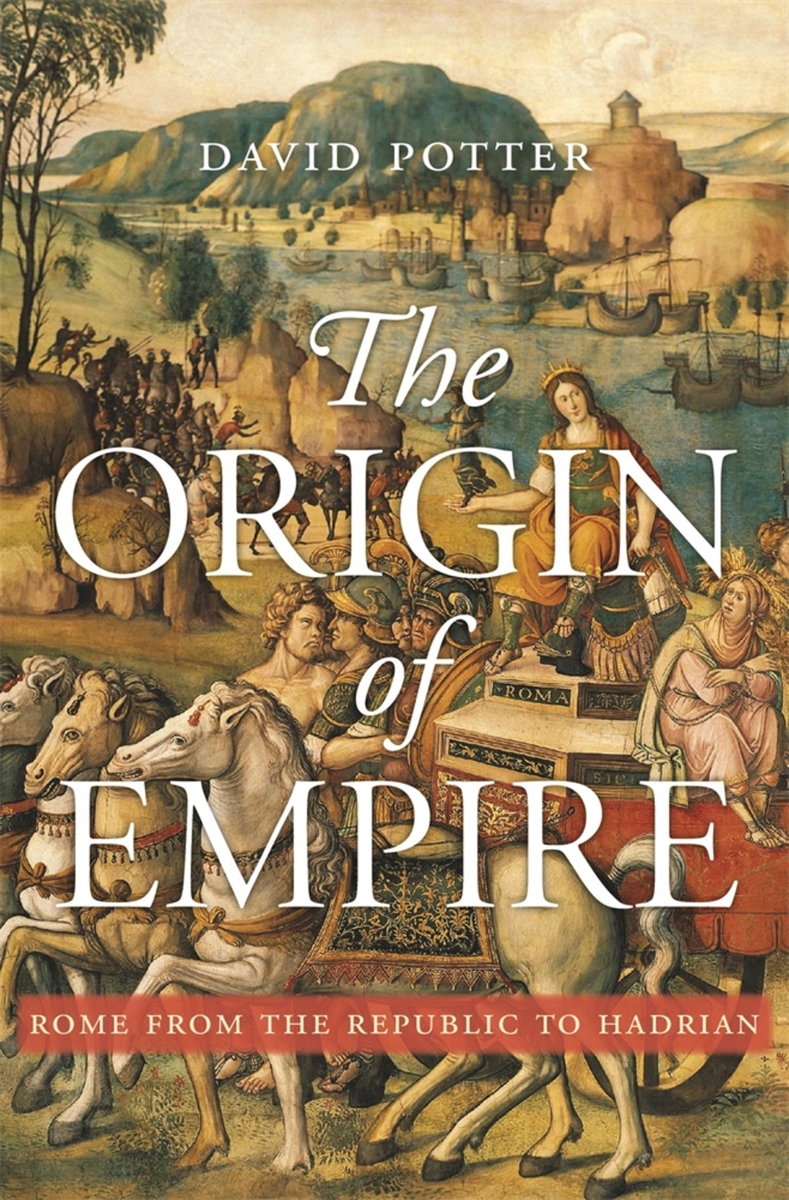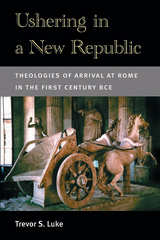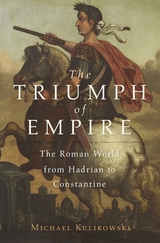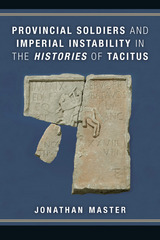Cloth: 978-0-674-65967-4 | eISBN: 978-0-674-24023-0 (ePub NK) | eISBN: 978-0-674-24024-7 (Mobi) | eISBN: 978-0-674-24022-3 (PDF)
Library of Congress Classification DG270.P735 2019
Dewey Decimal Classification 937.06
Beginning with the Roman army’s first foray beyond its borders and concluding with the death of Hadrian in 138 CE, this panoramic history of the early Roman Empire recounts the wars, leaders, and social transformations that lay the foundations of imperial success.
Between 264 BCE, when the Roman army crossed into Sicily, and the death of Hadrian nearly three hundred years later, Rome became one of the most successful multicultural empires in history. In this vivid guide to a fascinating period, David Potter explores the transformations that occurred along the way, as Rome went from republic to mercenary state to bureaucratic empire, from that initial step across the Straits of Messina to the peak of territorial expansion.
Rome was shaped by endless political and diplomatic jockeying. As other Italian city-states relinquished sovereignty in exchange for an ironclad guarantee of protection, Rome did not simply dominate its potential rivals—it absorbed them by selectively offering citizenship and constructing a tiered membership scheme that allowed Roman citizens to maintain political control without excluding noncitizens from the state’s success. Potter attributes the empire’s ethnic harmony to its relative openness.
This imperial policy adapted and persisted over centuries of internal discord. The fall of the republican aristocracy led to the growth of mercenary armies and to the creation of a privatized and militarized state that reached full expression under Julius Caesar. Subsequently, Augustus built a mighty bureaucracy, which went on to manage an empire ruled by a series of inattentive, intemperate, and bullying chief executives. As contemporary parallels become hard to ignore, The Origin of Empire makes clear that the Romans still have much to teach us about power, governance, and leadership.
See other books on: Empire, 30 B.C.-284 A.D | Mediterranean Region | Origin | Republic | Republic, 265-30 B.C
See other titles from Harvard University Press






























